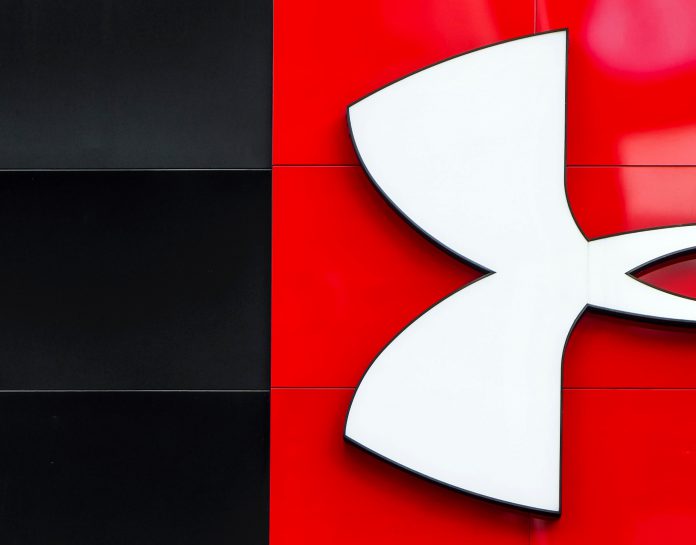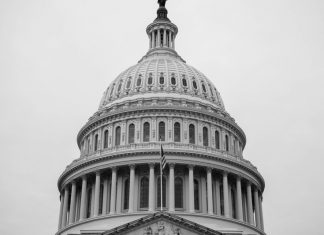Sports apparel company Under Armour has settled with the Securities and Exchange Commission (SEC) and agreed to pay $9m in fines related to misleading its revenue growth to investors.
According to the SEC filing, Under Armour used a sales tactic to “pull forward” $408m in revenue in existing orders that customers had requested be shipped later on. The SEC said that the company made positive statements regarding its revenue growth rate and the factors contributing to the revenue growth rate without disclosing known uncertainties about its ability to meet future revenue projections from the third quarter of 2015 through the fourth quarter of 2016.
The order charged Under Armour with violating the antifraud provisions of Section 17(a)(2) and (3) of the Securities Act of 1933, as well as Section 13(a) of the Securities Exchange Act of 1934 and various other reporting rules.
The SEC did not require that Under Armour retain a compliance consultant or implement any specific changes to its disclosure policies and procedures.
SEC’s head of Denver office Kurt Gottschall said, “Under Armour created a misleading picture of the drivers of its financial results and concealed known uncertainties concerning its business.
“When public companies describe how they achieved financial results, they must not misstate any information that is material to investors.”
The company agreed to settle the regulator’s claims that it failed to disclose material information to investors without admitting or denying the agency’s findings.
In a statement, Under Armour said that the SEC has confirmed that no member of management, including chairman and founder Kevin Plank, will face an enforcement action as a result of the agency’s investigation.
The Baltimore company said, “This settlement relates to the company’s disclosures and does not include any allegations from the SEC that sales during these periods did not comply with generally accepted accounting principles.”
Under Armour has agreed to cease and desist the practice, the SEC said in its filing. It added that while the Justice Department had previously requested documents from the company, that agency hasn’t sought any information since the second quarter of 2020.
Copyright © 2018 RegTech Analyst






